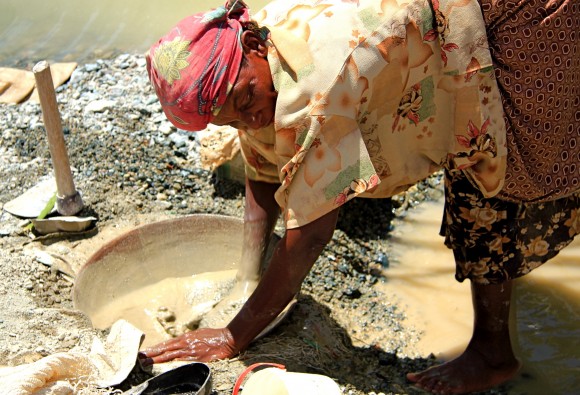Artisanal and Small-Scale Mining (ASM)
ASM in the Context of Resource Nationalism

The Artisanal and Small-Scale Mining (ASM) sector has grown in geographical extent and economic importance globally, mainly as a result of mineral price increases. Important contributing factors to rise of ASM also include the decline of agricultural activities and other livelihood sources; the crises faced by state-led mining entities; the retrenchment of mining labour; and a wide-ranging economic recession. There is widespread recognition that ASM operators, if supported by appropriate policies, financial incentives, and regulatory systems, can contribute in terms of livelihoods, national economic growth, and improved safety and environmental outcomes. The Africa Mining Vision, for example, calls for state support for the ASM sector. Some argue that ASM has grown significantly over time in countries like Zimbabwe, in terms of both its contribution to GDP and export revenues, and to livelihood support for significant parts of the labour force. In Zimbabwe, for example, some estimates suggest ASM indirectly supports at least 1.1 million people. These broad trends likely extend to the whole of Southern Africa.
Important issues arise in the context of the above ASM dynamics with regard to ‘Resource Nationalism’; that is, the local ownership and control of resources and the benefits deriving from their exploitation. Much attention has been paid to the large-scale mining sector, with less focus given to the economic and political contestations influencing ASM operations, and how these contestations possibly link to the shared history of the liberation struggle and post-liberation expectations on resource ownership and control in the region. Optimizing ASM in terms of its capacity to create tax revenue and economic spill-overs through deliberate capacitation initiatives and effective resource governance frameworks, remains a matter of priority for research and policy-making in the region. The role of ASM within political debates, as well as within the broader arena of natural resources governance, varies between countries.
In the context of existing knowledge and research gaps, the ASM Working Group identified three initial priority research areas for investigation which will be addressed by specific field research projects:
- Baseline Survey of the ASM sector in Southern Africa
- ASM Formalization in Southern Africa
- ASM and Questions of Livelihood Diversity